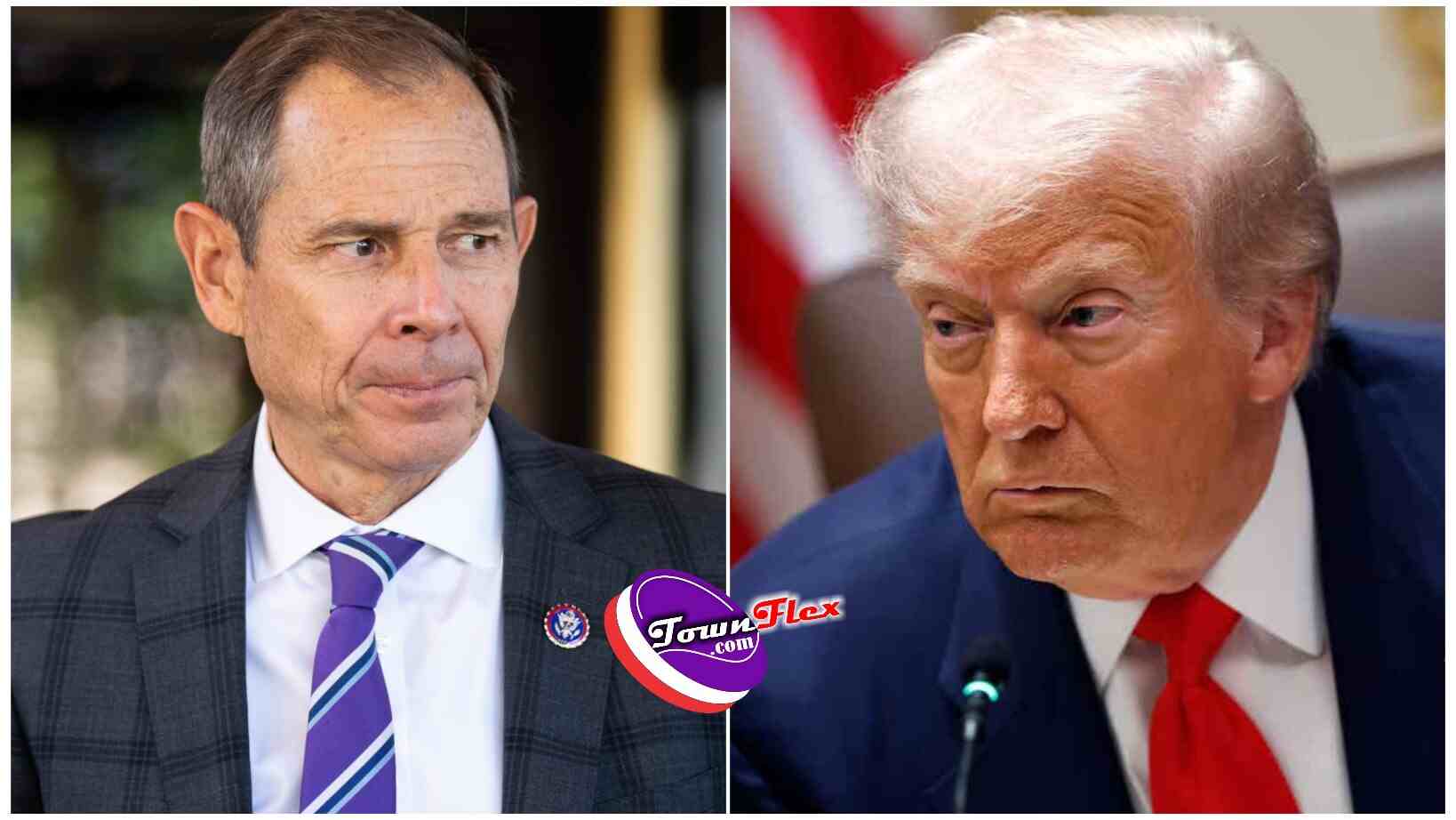- Sen. John Curtis says he is a “firm no” on ending the Senate filibuster.
- Trump has urged Republicans to deploy the “nuclear option” to end the shutdown.
- GOP leaders including John Thune, James Lankford, and John Cornyn oppose rule changes.
- Senate Democrats have blocked GOP attempts to pass a short-term funding bill 13 times.
Utah Senator John Curtis has publicly rebuffed President Trump’s latest push to abolish the Senate filibuster, a procedural rule that requires 60 votes to advance most legislation. His firm opposition underscores growing divisions within the Republican Party as the federal government remains partially shut down.
“The filibuster forces us to find common ground in the Senate. Power changes hands, but principles shouldn’t. I’m a firm no on eliminating it,” Curtis wrote on X, the social media platform formerly known as Twitter, responding to a Fox News report on Trump’s call for the so-called “nuclear option.”
The filibuster forces us to find common ground in the Senate. Power changes hands, but principles shouldn’t. I’m a firm no on eliminating it. https://t.co/b4YZKeauw3
— Senator John Curtis (@SenJohnCurtis) October 31, 2025
Trump has been urging GOP senators to consider changing Senate rules in order to push through a funding bill to reopen the government. The continuing standoff has fueled political pressure in Washington and raised concerns across the business and financial sectors about the potential economic impact of a prolonged shutdown.
Despite repeated attempts, Senate Republicans have failed to advance a House-passed continuing resolution that would keep the government funded through November 21. Democrats have blocked the legislation 13 times, denying Senate Majority Leader John Thune the 60 votes required under the filibuster rule.
Thune, who campaigned last year on maintaining the chamber’s procedural traditions, has stood firm against eliminating the filibuster. “Getting rid of it to reopen government would be a bad idea,” he told reporters last week.
Several key Republican leaders including Sens. James Lankford of Oklahoma and John Cornyn of Texas have echoed Thune’s position, warning that removing the filibuster could permanently alter the balance of power in the Senate.
Still, not all within the GOP are dismissing Trump’s demand. A Republican senator, speaking anonymously, predicted that “the pressure from the White House will become pretty enormous” if the shutdown drags on into November, suggesting Trump may intensify his calls for drastic procedural change.
Under current rules, Senate Republicans could technically vote to set a new precedent that exempts government funding bills from the filibuster, changing the threshold from 60 votes to a simple majority of 51.
However, such a move often compared to detonating a nuclear weapon would mark a seismic shift in Senate norms, allowing any party in control of Congress and the White House to rapidly reshape U.S. law.
Political analysts warn that eliminating the filibuster could heighten partisan volatility, influencing policies ranging from tax reform and healthcare to national security and energy regulation. For many in Washington, Curtis’s firm stand represents a rare show of restraint amid escalating political brinkmanship.
As debates over fiscal responsibility and government spending continue, the battle over the filibuster has become more than just a procedural fight — it’s now a test of whether long-standing institutions can withstand the intense pressures of modern U.S. politics.
Also Read: Senate Rebukes President Trump’s Tariff Powers as Four GOP Senators Join Democrats









